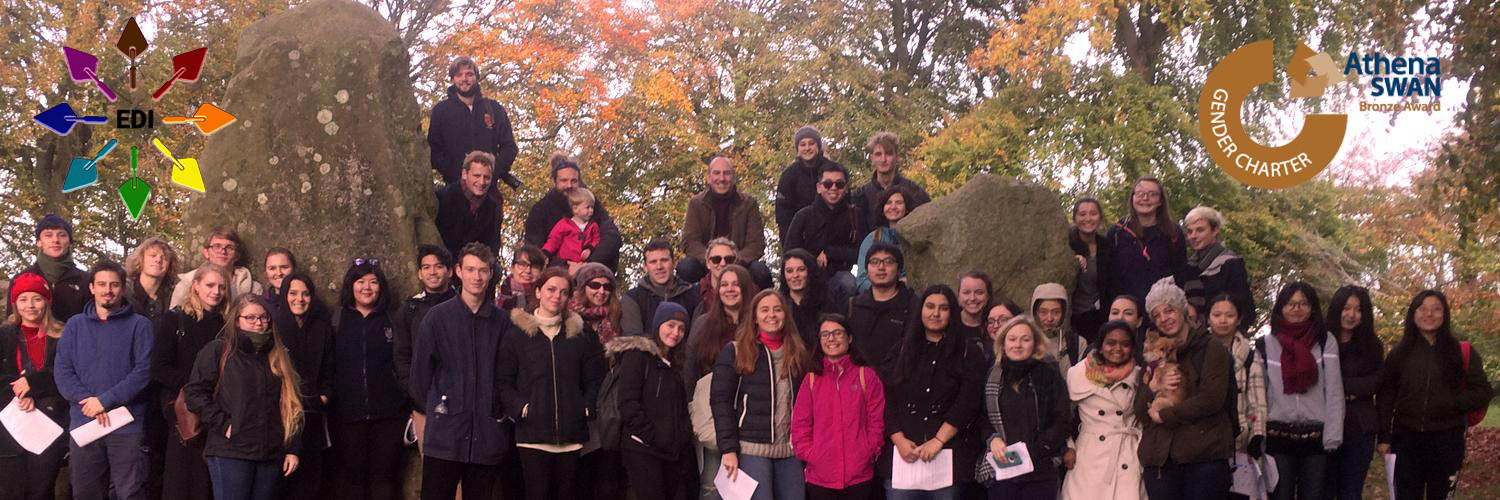Equality & Diversity
Our EDI Commitment

We support the University’s commitment to fostering an inclusive culture which promotes equality, values diversity and maintains a working, learning and social environment in which the rights and dignity of all our staff and students are respected and everyone is encouraged and supported to fulfil their potential.
We have identified a number of initiatives where we can increase our ED&I focus such as mentorship schemes, improved induction processes for new starters, graduate internship schemes and career development for students and staff at all stages. We have also improved our flexible working patterns and access to programmes, summer schools and school visits for young people from disadvantaged backgrounds. We also arrange regular mental health and wellbeing training workshops and events.
We have increased the number of social events with regular coffee mornings for staff and students across our buildings, summer and Christmas parties and public lectures and receptions. Our students and Early Career Researcher societies are crucial drivers of our Green Impact initiatives, support networks and social connectedness.
We have achieved an Athena SWAN Bronze accreditation and we are implementing a robust action plan to help us understand and address gender gaps in representation and achievement at all levels. This is driven forward by our Equality, Diversity & Inclusion committee, made up of a broad range of staff and students, which coordinates with other committees across the School and University to ensure that we keep abreast of new opportunities to help us meet our goals, and advise on where we can improve further.
Archaeology is for everyone, it is everywhere, and anyone can participate. ... It helps us to think about ourselves, our wider world, and the connections in between.
[Quote from the Council for British Archaeology: Our values and behaviours]



